What is a farmer? Moooving with STEM
Ever ask a group of high school kids "what is a farmer?" Leslie Prudhomme, On the Farm STEM participant, writes a guest blog that includes an outline for a Project Based Learning Unit that has students develop a farm plan.
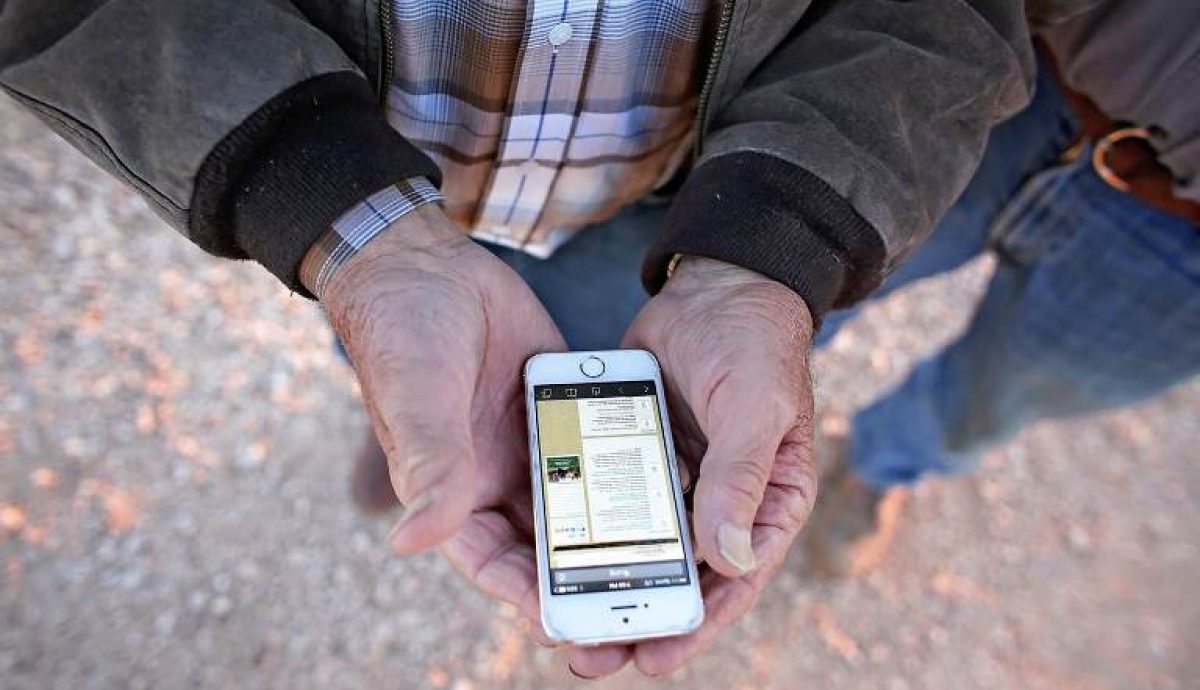
Cover photo by: Lauren Heinrich Article by: Leslie Prudhomme
Early this spring I joined a group of 19 other STEM educators, a gaggle of presenters, and a pack of organizers who came together in Nashville full of energy and excitement about blending STEM education with a newly gained or modified perspective on cattle farming.
Now, my administrative directors said things like…’you want to go where? to do what?’ but after some cajoling they laughingly told me to pack my kickers and head on down to Nashville. Was the trip worth my 2+ days and 3 nights of airports, hotels, and dinners on the road? Heck YES!
Ever ask a group of high school kids “what is a farmer?” I have. The responses are interesting. After all, American kids have been looking at children’s picture books that help them identify fireman, policemen, farmers, and doctors since I was small (and that WAS a while back!). So conjure up the image you first learned, and ask yourself again – what IS a farmer? Does an economist come to mind? How about an engineer? Do computer technologists busy with the task of integrating satellite images and complex ecological impacts flood your imagery? Doubtful.
After my time in the Nashville area I developed a new image that still has my farmer clad in blue jeans and a hat (albeit a baseball hat rather than one of straw) – but this time she carries a smartphone that keeps her abreast of what is happening in the stock market, and he carries a thumb drive with the year’s plan in place for planting and harvesting 1,000 acres of hilly land, and in the other pocket a tool for tinkering with the $500,000 combine that he needs to coax over the next digitized image that represents the hills and valleys of his farm.
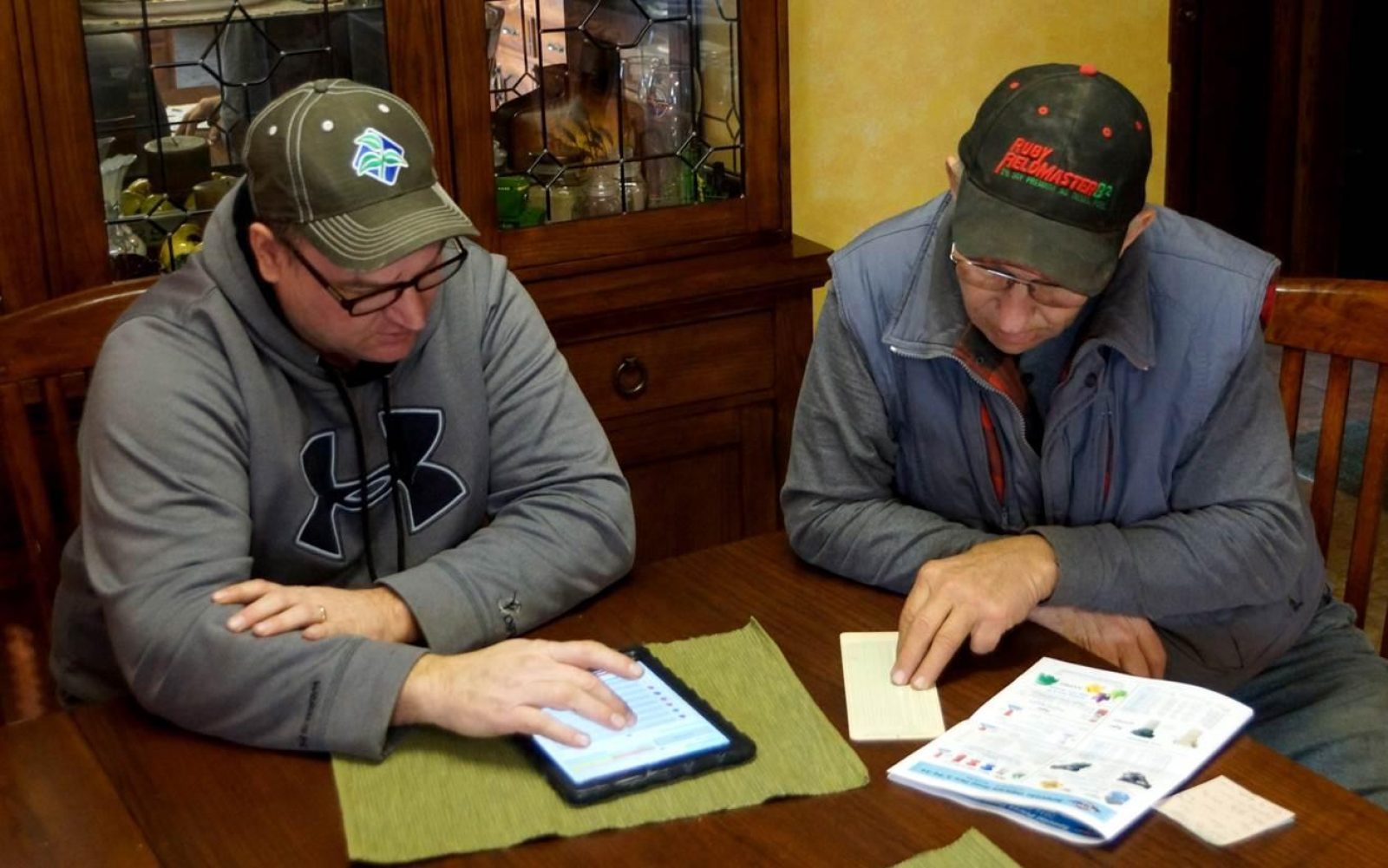
My reconstructed image is a montage of a well-educated, multi-faceted team of young and old people working together to bring us – all of us – the food we not only take for granted but we misunderstand.
Photo by: Katherine Plessner
Just what do we misunderstand about food production in the United States? Just about everything I think. Because I was raised in dairy country and I have spent time milking cows in the early morning hours of the summer months I thought I had a pretty good handle on the industry. I was wrong. And if I was wrong than I am brave enough to say that most people I know, certainly the majority of the students I work with are wrong. Because of this, I would like to develop a unit of study that would provide the cross cutting relationships with disciplinary core ideas and the skill sets demanded by the NGSS.
With my head full of new terms and newly redefined common terms – such as ‘grass fed’ (all beef is grass-fed for a portion of its life, the length of that feeding influences the ultimate descriptor consumers use to identify the type of meat we eat) – I made my first attempt to lay out an interdisciplinary, project-based, unit of study made up of stand alone subunits or modules that, taken as a whole, would lead students on an adventure to determine what each of them could do if given a piece of land and the objective to develop a farm plan, a plan based on cattle.
The goals for this unit would depend upon the class level and the objectives of the overall course but I envision this set of lessons to be malleable – to serve as a foundation – for any teacher to step in and modify to meet the needs of his or her class. So, here goes…an outline for an interdisciplinary unit, a unit I would first use in my AP biology or environmental science class and a unit I would thereafter modify to meet the needs of my college prep classes.
Download PBL Unit Outline: Develop a Farm Plan
Leslie taught science for 17 years and is currently working for a nonprofit whose goal is to increase AP access to those students who don't think of themselves as "AP caliber students." She loves working with high school kids because they have so very much to offer and they make her laugh each and every day in the classroom.



